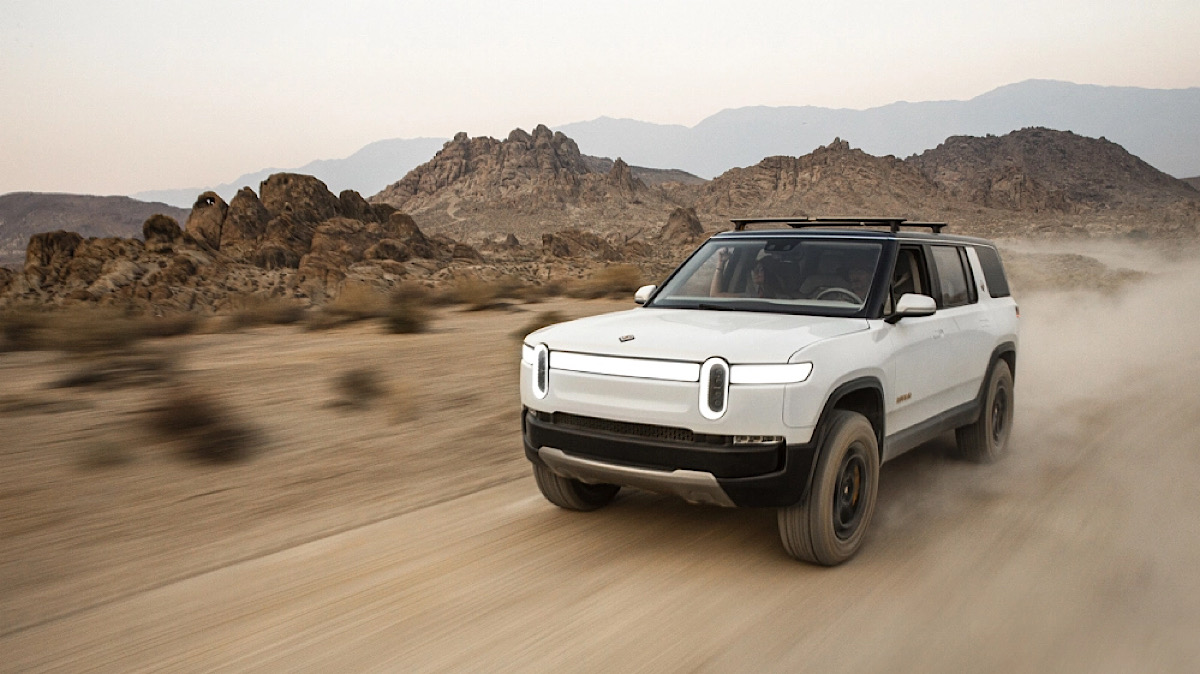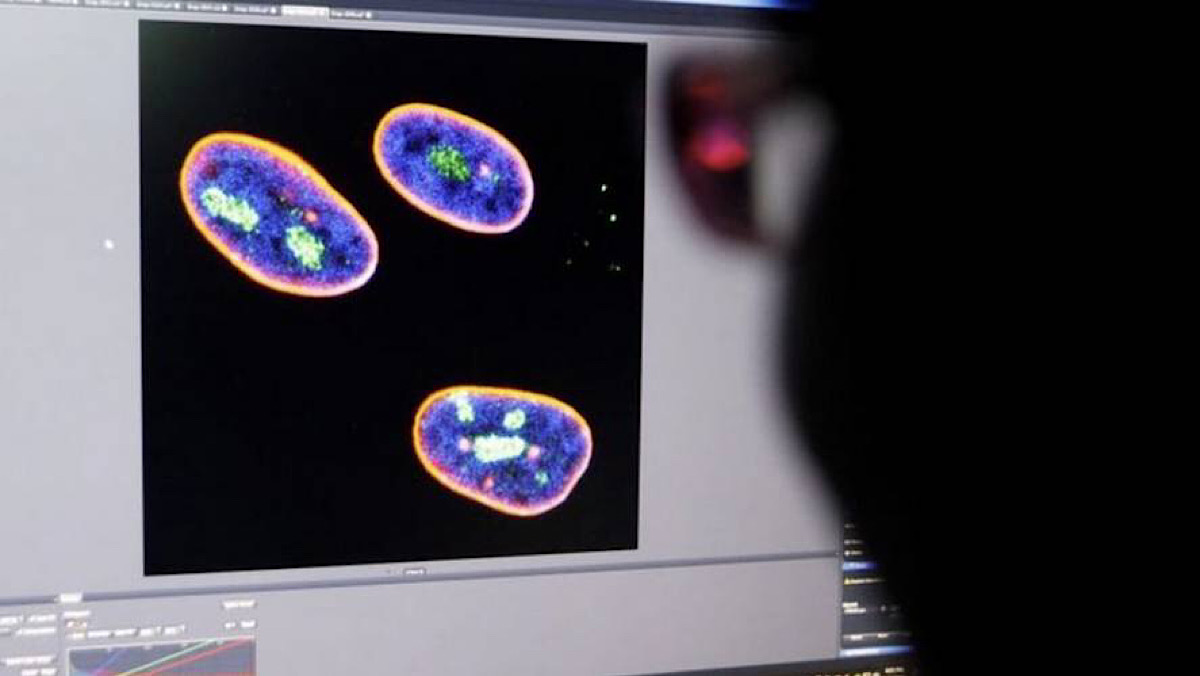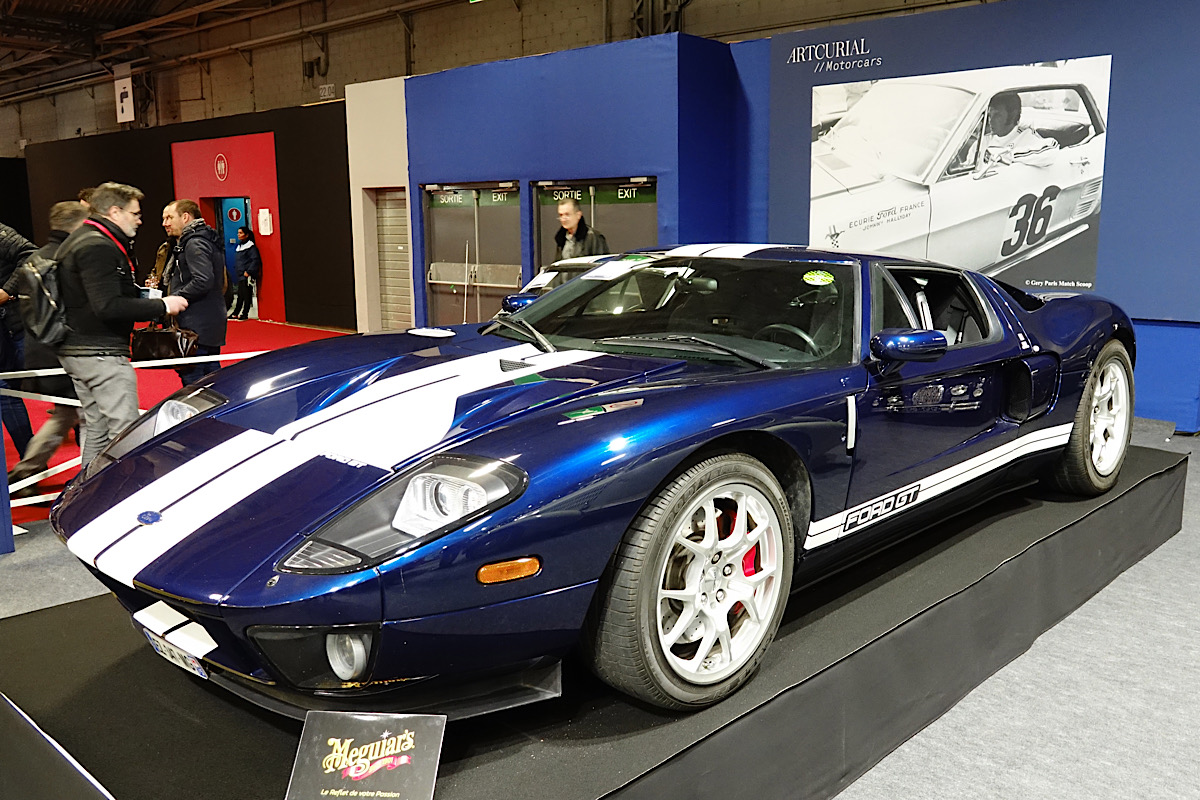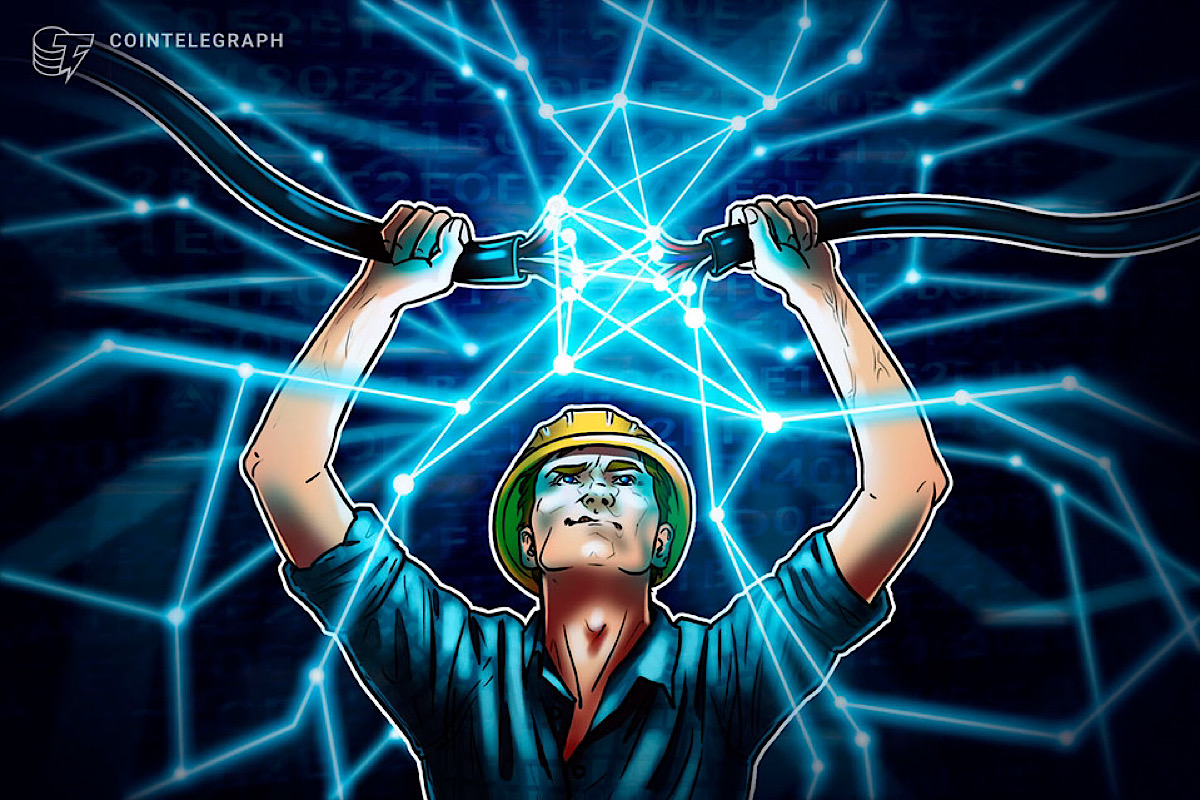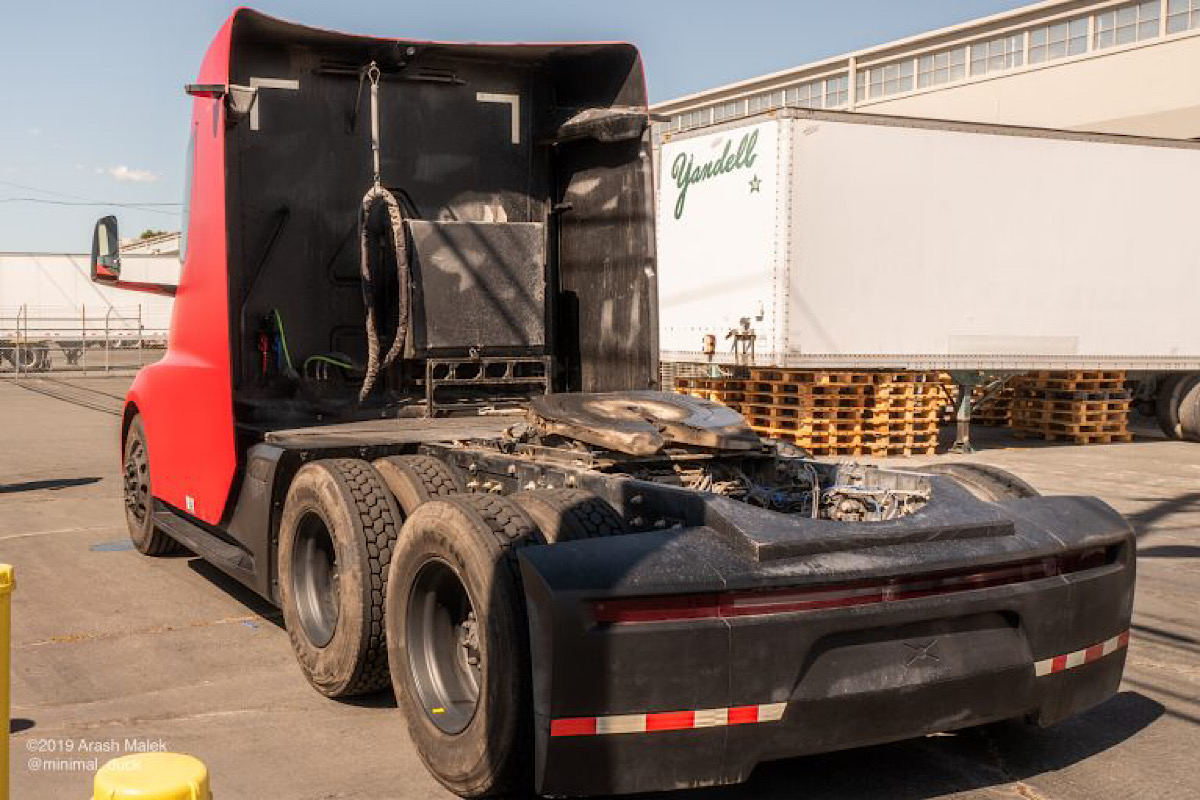The electric vehicle race is heating up.
By MARTIN LERMA
Tesla may be king of the electric vehicle, but billions are being pumped into the category to (finally) give it some serious competition.
Earlier this week, two of the newest players in the EV race got a serious boost. Amazon- and Ford-backed Rivian revealed that it has raised $2.65 billion in new investments. Meanwhile, GM’s Cruise imprint signed a long-term strategic partnership with Microsoft, for which the tech giant helped raise $2 billion, according to a statement. This financial injection is reflective of the increasing interest from the public in the once niche segment of the automotive industry.
With its latest capital courtesy of T. Rowe Price, California-based Rivian has raised a healthy $8 billion since the start of 2019, which puts current valuation at $27.6 billion, according to Reuters.
Continue reading… “EV Startups Rivian and Cruise Raise a Staggering $4.7 Billion in New Funding”
